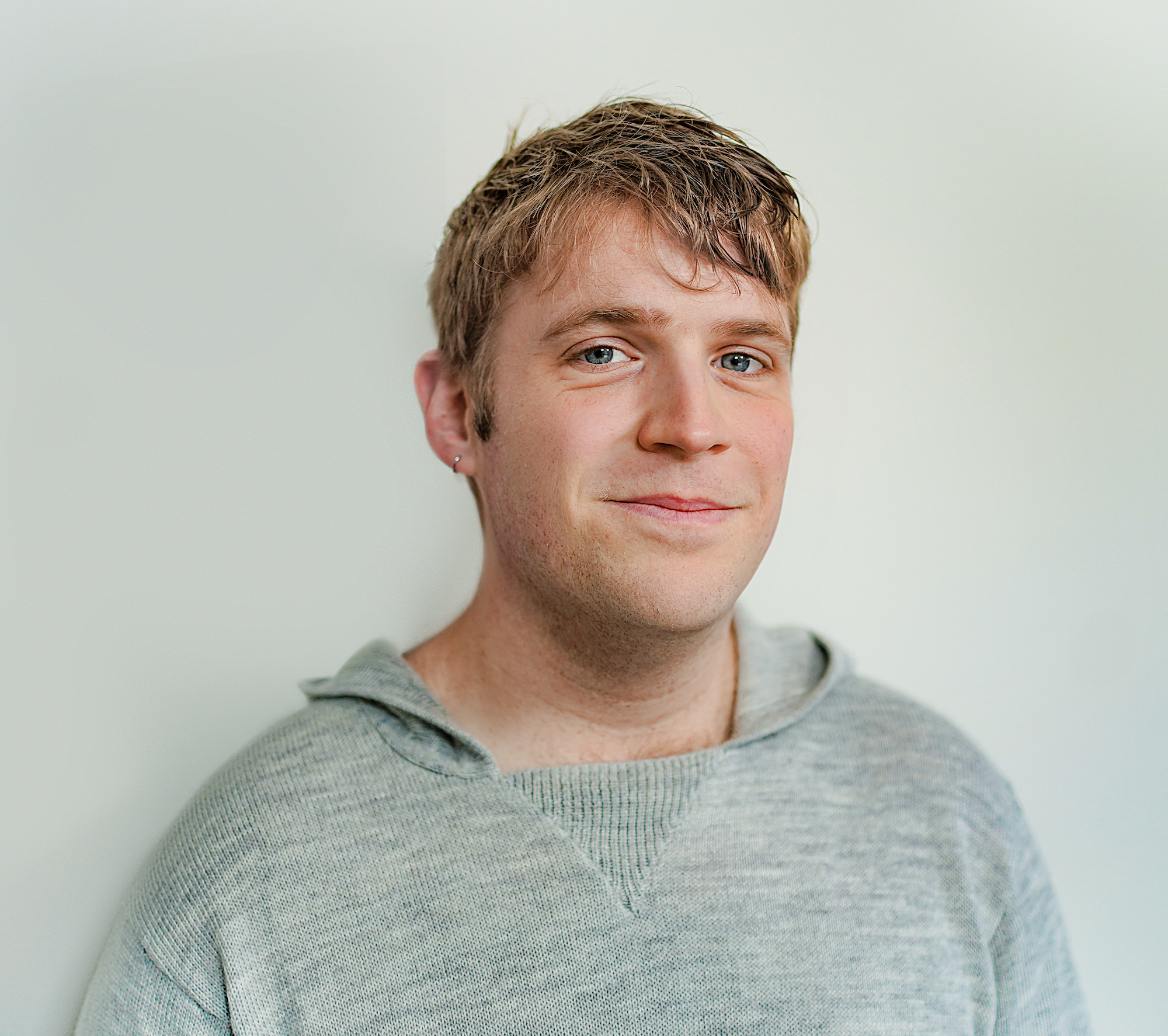Focus on Function To Learn Guitar

muratart/Shutterstock.com
Worrying about what you are is a form of fundamentalism that makes learning difficult. Instead, do your best to imitate that which you wish to become. Don’t be shy or self-conscious about your imitation. And don’t worry if you’re a fake.
Music is about using sound to strike awe into people’s hearts. Because of that, we are all imposters.
If it plays guitar like a duck, it must be a guitar-playing duck
Especially when you’re in the beginning or intermediate stages of learning the guitar, you should consider practicing a functional attitude to music learning.
If you think functionally, everything you play on the guitar can only be measured by what result it produces. That means you should not worry if you’re good or bad, if you’re doing it right, or if you have musical talent.
You should only worry about results.
Guitar learners often express doubt that they’re not doing something the correct way, that they’re not “really” getting it, or that even though they can play the notes correctly they don’t “have it all together” yet.
Consider adopting a more functional approach. The result of this approach is to try to forget about judgments of quality and focus on whether you’re fulfilling an expected function.
Changing your thinking
Here’s a table of qualitative ideas and the functional thought they can be replaced with:
| Unhelpful thought | Helpful thought |
| Am I a guitar player? | Am I playing guitar? |
| Am I a musician? | Am I playing music? |
| Am I playing this correctly? | Is this leading me towards the result I want? |
| Am I any good at this? | Is it an appropriate time to assess my skill level? |
A related idea is to shift focus away from attempts at objective judgment which, though useful in learning, can become a burden in thinking.
| Original Thought | Replacement Thought |
| Am I ever going to be any good at this? | Do I enjoy this now? |
| I think that guy is better than me. | I can play guitar better than most people. |
A useful rule of thumb for framing music learning by function is this: would an alien who came to Earth and observed you be able to tell the difference between what you are doing and what someone else is doing on the guitar? And how would such an alien describe that difference?
Similarly, the closer a learner comes to fulfilling a function, the closer they are to achieving their musical goals—whether they realize it or not.
Does improvisation terrify you?
Here’s an example: if you’re trying to improvise a guitar solo with your teacher for the first time, you might be a little confused about how to do that.
Improvisation is one of the most terrifying challenges for most students of the guitar. After seeing someone improvise an incredible, blazing guitar solo, how could we even make our first attempt?
When it’s our very first time, how on earth do we dare call it improvisation?
But all you really need to do is make yourself as similar as you can to someone who is successfully doing that. Don’t worry about the big picture. Worry about the little parts. Be the imposter. Make it difficult for that alien from another planet to tell the difference between you and a “real” improvisor.
Have an attitude that you will check every box and fill every role required on your quest to imitate—yes, imitate—the “real” improvisers. Someday soon, there will be no difference between you and them.
Here’s how you should make yourself resemble an improviser:
- Are you holding a guitar? Off to a good start.
- Does your accompanist look like they’re having fun? Are they smiling? Great—copy that, too.
- Now, are you playing notes in the key your teacher said to? Pretty much there now.
- Does what you play have some sort of accurate rhythm? Now you’re doing it.
- What else is different? What else can you do? Do you hear some specific melodies or rhythms played by your counterpart? Steal them!
Only by being uncritically enthusiastic can you be a musical sponge. And once you’ve absorbed enough musical ideas, you’ll be able to squeeze alot them out whenever you like.
If you can imitate, and perform similar motions, then you are improvising a guitar solo! Maybe it’s not one that’s very interesting to you, but you can see that the required task has changed from “figure out how to guitar solo, somehow”, to “make my guitar solo more fun and interesting”.
Coda
Don’t worry about being. Worry about doing. And seeming to be. Embrace the urge to imitate. Fake it until you make it.
If you can keep your thinking focused on small, achievable, practical goals, you will gradually learn how to play guitar.
Remember: nobody ever learned how to play the guitar. That’s ridiculous. What they learned is how to hold it, how to play a note, how to play a scale, how to play in time, and many other skills that they can use together to create the illusion of a human playing the guitar. Playing guitar is a composite skill. It’s best to keep focused on the smaller pieces.
 As the creator of Hub Guitar, Grey has compiled hundreds of guitar lessons, written several books, and filmed hundreds of video lessons. He teaches private lessons in his Boston studio, as well as via video chat through TakeLessons.
As the creator of Hub Guitar, Grey has compiled hundreds of guitar lessons, written several books, and filmed hundreds of video lessons. He teaches private lessons in his Boston studio, as well as via video chat through TakeLessons.